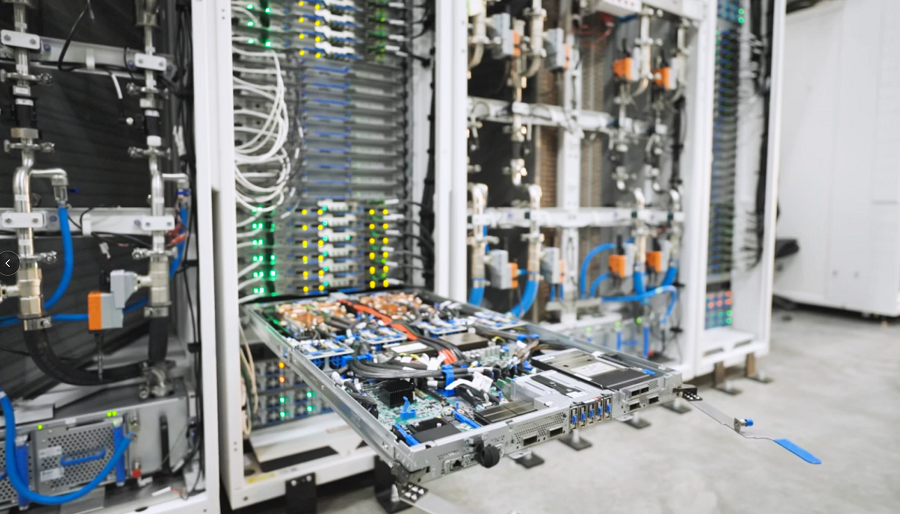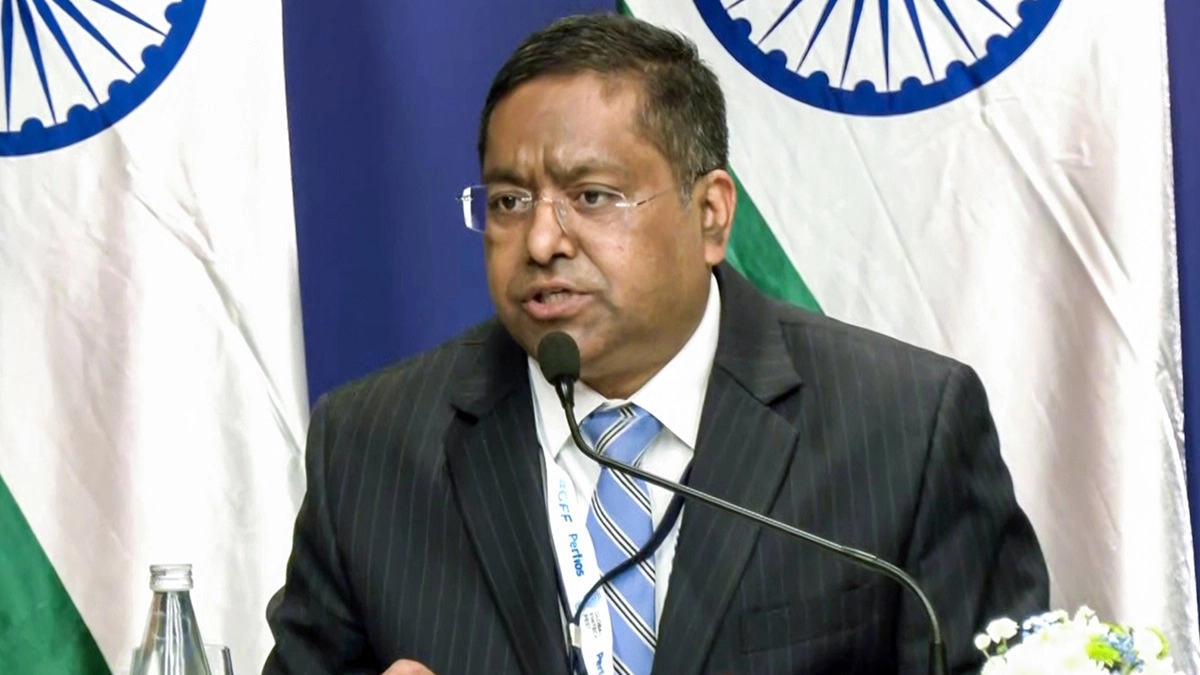Copyright SiliconANGLE News

A few days after revising its research collaboration with OpenAI, Microsoft Corp. has shared an update about its artificial intelligence development efforts. Mustafa Suleyman, chief executive of the company’s Microsoft AI group, detailed the engineering push in a blog post published today. The tech giant has formed a unit called the MAI Superintelligence Team to spearhead its AI research efforts. The unit will seek to develop superintelligence, a hypothetical future AI that would be capable of outperforming humans across a broad range of tasks. Suleyman wrote that Microsoft intends to develop superintelligence equipped with safety guardrails. Additionally, the company plans to provide a way for humans to oversee the AI’s work. “We want to both explore and prioritize how the most advanced forms of AI can keep humanity in control while at the same time accelerating our path towards tackling our most pressing global challenges,” Suleyman explained. The executive went on to list three of the new MAI Superintelligence Team’s research priorities. Microsoft’s first goal is to develop better AI assistants for consumers. The company will focus on making AI assistants more affordable and personalized. Microsoft believes that the personalization features available to consumers will include, among others, the ability to generate highly customized learning materials. The second research priority Suleyman listed is “medial superintelligence.” According to the executive, that’s a form of AI capable of delivering “expert level performance at the full range of diagnostics, alongside highly capable planning and prediction in operational clinical settings.” He expects the technology to arrive within a few years. Microsoft has already started investing in AI-powered medical software. In June, the company debuted an AI system called MAI-DxO that is optimized to tackle the New England Journal of Medicine’s Case Challenges. Those are lists of symptoms that readers are asked to diagnose. Human doctors correctly identify the root cause of the symptoms about 20% of the time, while MAI-DxO achieved a 85% score in a benchmark test. The third research focus that Suleyman listed is renewable energy. In today’s blog post, he predicted that AI will enhance the way scientists research energy generation and store technologies. The executive believes AI could expediate breakthroughs such as new carbon negative materials. Suleyman added that Microsoft’s AI research efforts encompass “many more” areas. He said the company plans to share more information about the use cases it’s prioritizing in the near future. According to Suleyman, Microsoft’s AI research work is supported by a newly launched cluster of GB200 chips from Nvidia Corp. Each chip includes two Blackwell graphics processing units and one central processing unit. Microsoft is also building AI clusters based on Nvidia’s newer GB300 accelerator, which features two top-end Blackwell Ultra GPUs. Microsoft’s update on its AI efforts comes less than two weeks after it revised its partnership agreement with OpenAI. Under the new contract, Microsoft may pursue research into artificial general intelligence independently of the ChatGPT developer. Furthermore, it can use OpenAI’s AI models to accelerate its research.



